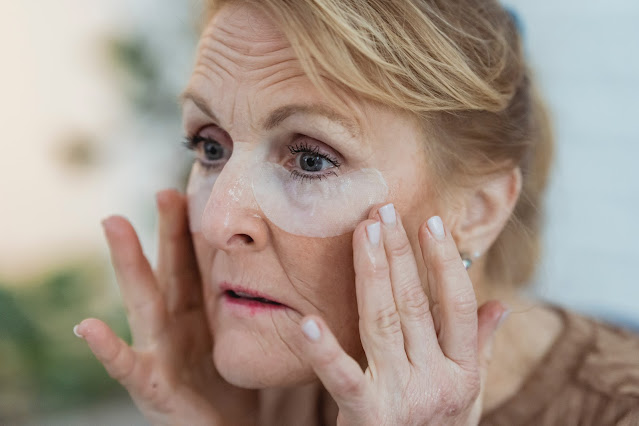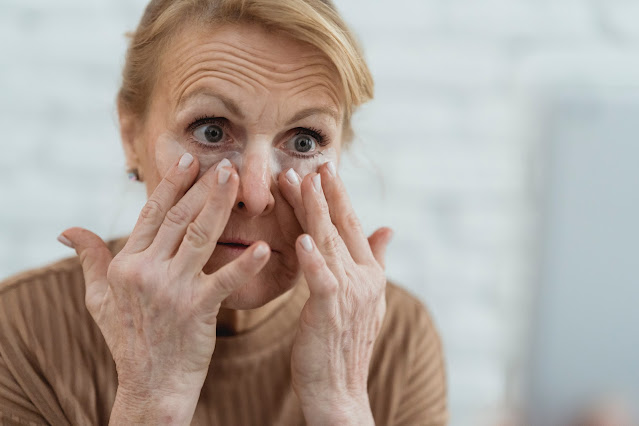As we age, our skin undergoes various changes that can lead to concerns such as wrinkles and sagging. In this blog post, we will answer the ten most commonly asked questions about aging, skin care, dermatology, and wrinkles.
Does Neck Skin Age More Quickly?
Yes, neck skin tends to age more quickly than the skin on our faces. The skin on our neck is thinner, has fewer oil glands, and is exposed to the elements more often, making it more susceptible to damage.
How to Get Rid of Neck Wrinkles?
There are several ways to reduce the appearance of neck wrinkles, including using topical retinoids, undergoing laser treatments, or receiving dermal filler injections.
Why Does My Neck Look So Much Older Than My Face?
Our necks can look older than our faces because the skin on our neck is thinner and has fewer oil glands. Additionally, the neck is often neglected when it comes to skin care, making it more prone to wrinkles and sagging.
What Is the Best Skin Care Routine for Anti-Aging?
A good anti-aging skin care routine includes using sunscreen every day, cleansing and moisturizing regularly, and incorporating anti-aging products such as retinoids or vitamin C into your regimen.
Can Botox Be Used for Wrinkles on the Neck?
Yes, Botox injections can be used to reduce the appearance of neck wrinkles by relaxing the muscles in the neck.
What Are the Best Foods for Healthy Skin?
Foods that are rich in antioxidants, such as berries and leafy greens, can help protect your skin from damage. Additionally, foods that are high in healthy fats, such as salmon and avocado, can help keep your skin hydrated.
What Are the Best Treatments for Crow's Feet?
Crow's feet, or wrinkles around the eyes, can be treated with Botox injections or dermal fillers. Laser treatments or chemical peels can also be effective.
Can Sun Exposure Cause Wrinkles?
Yes, excessive sun exposure can damage your skin, leading to premature aging and wrinkles.
How Can I Prevent Sagging Skin?
Eating a healthy diet, staying hydrated, and avoiding smoking can help prevent sagging skin. Additionally, using moisturizers and sunscreen can help keep your skin hydrated and protected from damage.
How Can I Boost Collagen Production?
Eating foods that are high in vitamin C, such as citrus fruits and broccoli, can help boost collagen production. Additionally, using skincare products that contain retinoids or vitamin C can also stimulate collagen production.
In conclusion, aging, skin care, dermatology, and wrinkles are common concerns that many people have. By taking care of your skin and making healthy lifestyle choices, you can reduce the signs of aging and maintain a youthful appearance. However, if you are concerned about wrinkles or other skin issues, it is always best to consult with a dermatologist.


Comments
Post a Comment
If you have any query related to health , disease diagnosis and supplements, please let me know